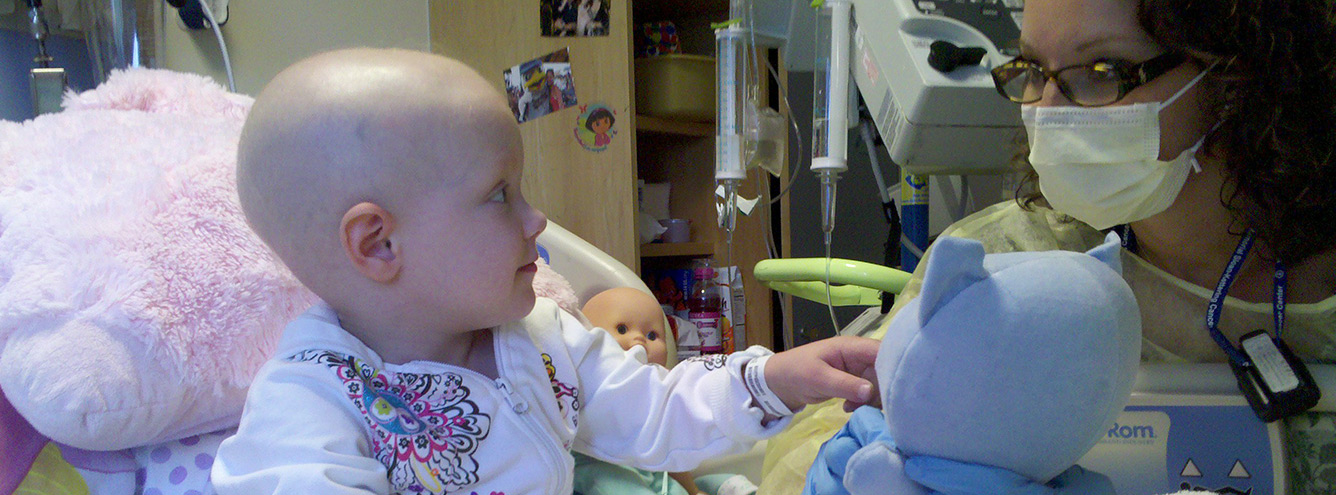Your child may feel nauseated or be physically sick during or after chemotherapy, or after radiotherapy.
Some chemotherapy drugs only have effects after several doses, while others cause nausea after a single dose. Some cause no nausea at all.
Chemotherapy and radiotherapy can also alter the sense of smell. Your child may be nauseated by scents that do not disturb other people.
There is no relationship between nausea and effectiveness of the medicine.
Nausea and vomiting can also be caused by
- General anaesthetic
- Other medications and procedures
- Physical pain
- Emotional distress
Anti-Emetics
Anti-emetic drugs reduce nausea and vomiting. Your child can take these before, during, and after treatment. Most require specific dose timing, so give them as prescribed and do not skip doses.
Your child may need more than one anti-emetic. Talk to the oncologist about these drugs if they are not prescribed, or if prescribed drugs are not working.
Clothing
Encourage your child to wear loose fitting clothing as this affords greater comfort and is easier to remove if soiled.
Take a complete change of clothes when you leave the house, and carry a bucket, towels, and baby wipes in case of vomiting.
Rest
Keep your child quiet after chemotherapy, in a well ventilated, calm room.
Encourage your child to rest after eating.
Keep your child’s head elevated about 12 inches above the feet when she feels nauseated. Lying flat can induce vomiting.
Use distractions such as TV, videos, music, quiet games or reading aloud.
Food
Hospital Admission
Vomiting causes the body to lose water and nutrients. Dehydration can be very serious in children, especially when the child’s body is already weakened by cancer treatment.
Hospitalization may be necessary if your child is very sick. Intravenous fluids will be given to restore fluid and electrolyte balance, and your child will also receive intravenous anti-emetics.
Vomiting may reduce the effectiveness of oral medications if they have not yet been absorbed. Treatments may be stopped temporarily until vomiting is under control.


